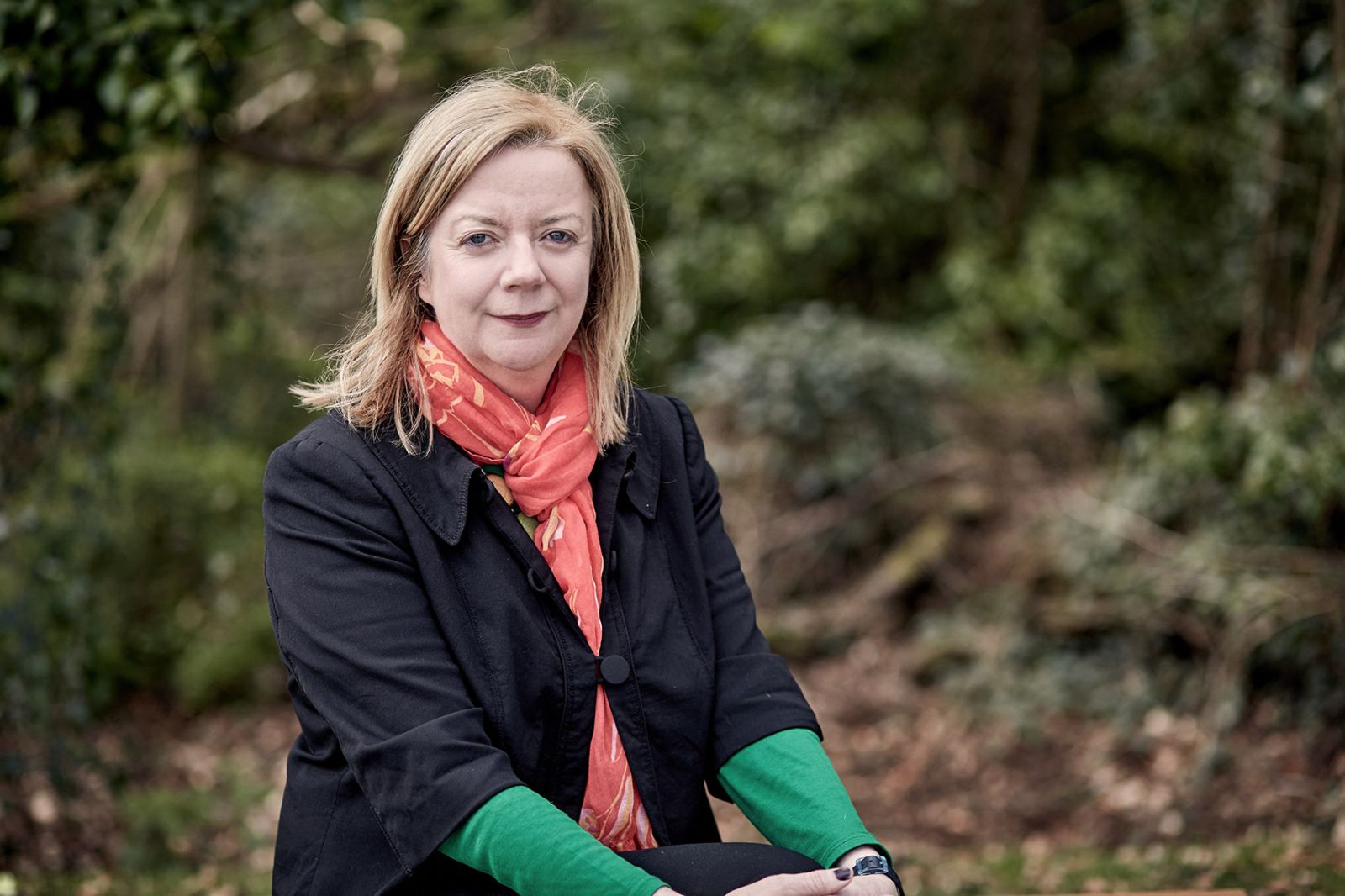Pro bono work and the benefits of online delivery

Siobhan Cullen, in this blog written for Pro Bono Week 2023 writes about a recent pro bono project delivered in collaboration with Donegal Women’s Centre which demonstrated the very real advantages of online or virtual public legal information clinics in comparison with in-person clinic.
In celebrating Pro Bono week, an important annual recognition of the work and commitment involved in providing free legal information and advice, there is an opportunity to consider the benefits of conducting pro bono work online. This fits with one of the themes of this year’s Pro Bono week, maximising the impact of Pro Bono work, since online resources potentially broaden the reach of pro bono work.
The Open Justice Centre has offered various pro bono projects and clinics online for several years with student involvement, receiving positive feedback from both students and external partners. Of course, OU Law School students are used to studying and working online and the pro bono work of Open Justice aligns with the Open University’s digital learning methods.
In most other Institutions, online pro bono work was rare until the pandemic, with the majority of legal information clinics delivered in person, until we found ourselves working and studying remotely in 2020- in some ways this clearly opened doors in terms of familiarising ourselves with online delivery.
A good example is a pro bono project delivered by Atlantic Technological University (ATU) in Ireland back in 2021 which demonstrated the very real advantages of virtual public legal information clinics from the perspective of vulnerable participants wishing to seek legal information. It also demonstrated changes which had occurred during the post-pandemic era since the clear message from participants in the pro bono clinic was that online was preferable.
The clinic related to LGBTI+ legal rights and had been funded by the Irish government, to be delivered by law students at Atlantic Technological University (“ATU”) in collaboration with Donegal women’s centre. A law alumnus was recruited to project manage the pro bono clinics and undertook considerable outreach work with local organisations including Youth Services, Intercultural Projects and numerous organisations across the voluntary and community sector to co-design the project.
Despite considerable efforts, the attendance at the live pro bono clinics was limited and the evaluation suggested that, whilst a very strong need for relevant legal information existed, there was a reluctance to attend legal advice clinics in public forums and there had been requests for online resources.
In response to this, the law students worked with Learner and Discovery Services in the university to develop online resources including a series of videos explaining the law relating to equality, anti-discrimination, human rights, hate crime, family and child law relevant to the LGBTI+ community which were engaging and included interactive activities.
The pro bono clinic was re-designed as a virtual clinic which enabled participants to choose whether to reveal their identity, turn on cameras and talk or remain anonymous. The virtual clinic was very successful, and the online resources created remain distributable and provide scope for further engagement, as well as being sustainable and furthering the geographical reach of the pro bono clinic.
This is line with the ongoing work of Open Justice and demonstrates the advantages of virtual legal clinics as the chosen method to reach out to potentially vulnerable participants who wish to retain confidentiality and privacy whilst obtaining legal information. Recent technological developments have further advanced the pro bono world to enable virtual engagement, an area in which the Open Justice Centre is engaged.
Open Justice is currently developing a pilot project to develop virtual legal resources to support the LGBTI+ community, in partnership with The Rainbow Project in Northern Ireland- watch this space for further developments.
Siobhan joined the Open University in 2022 as a lecturer in the Central Academic Team and is involved in various modules including Family Law, Justice in Action and SQE modules Legal System, Public Law & Criminal Litigation and Property & Private Client Law. Siobhan is involved in the Mediation and Street Law projects for the Open Justice Centre.
Siobhan’s research interests include equality and the role of universities in driving the equality agenda as well as public legal education and the impact of experiential learning on learners.

